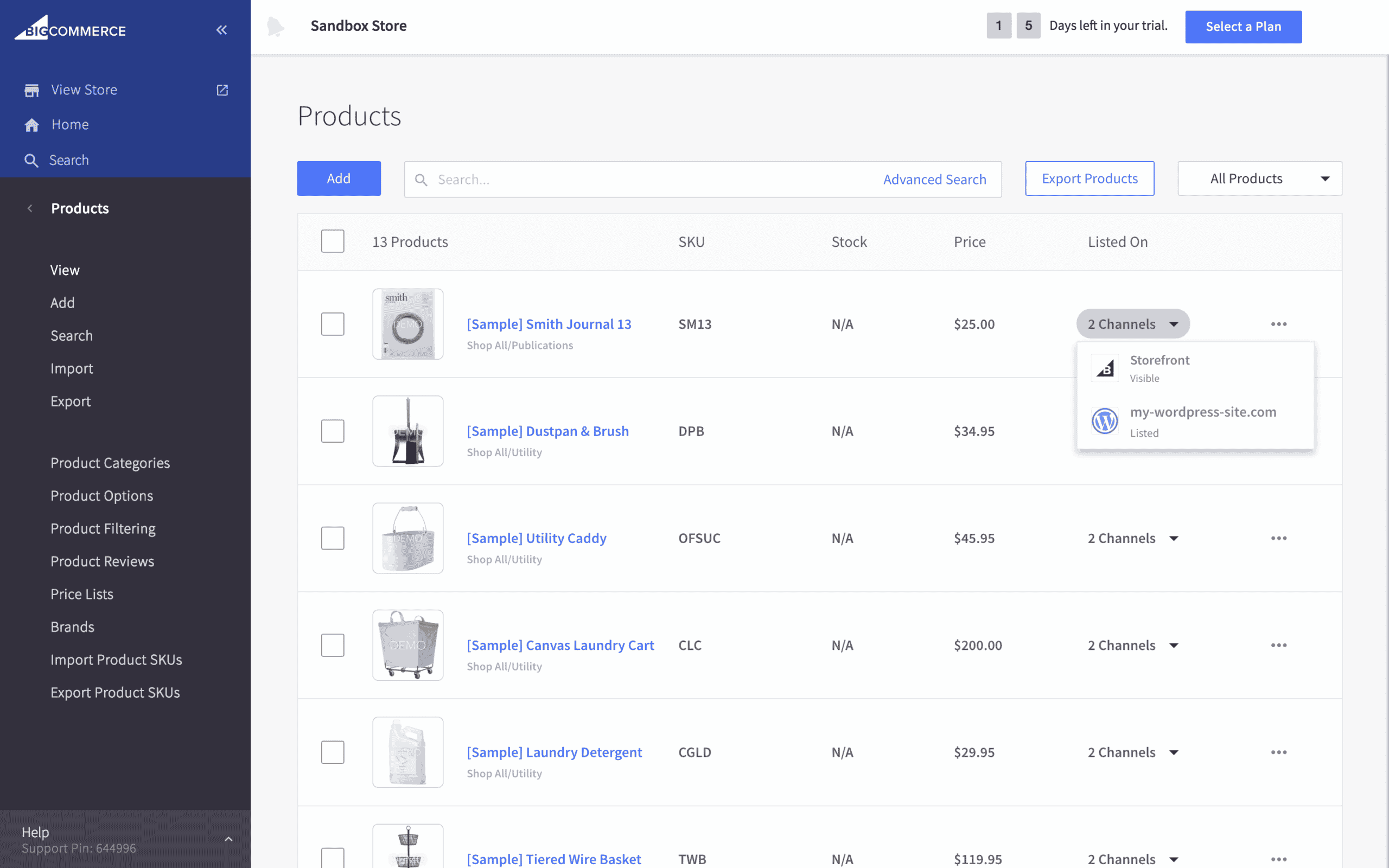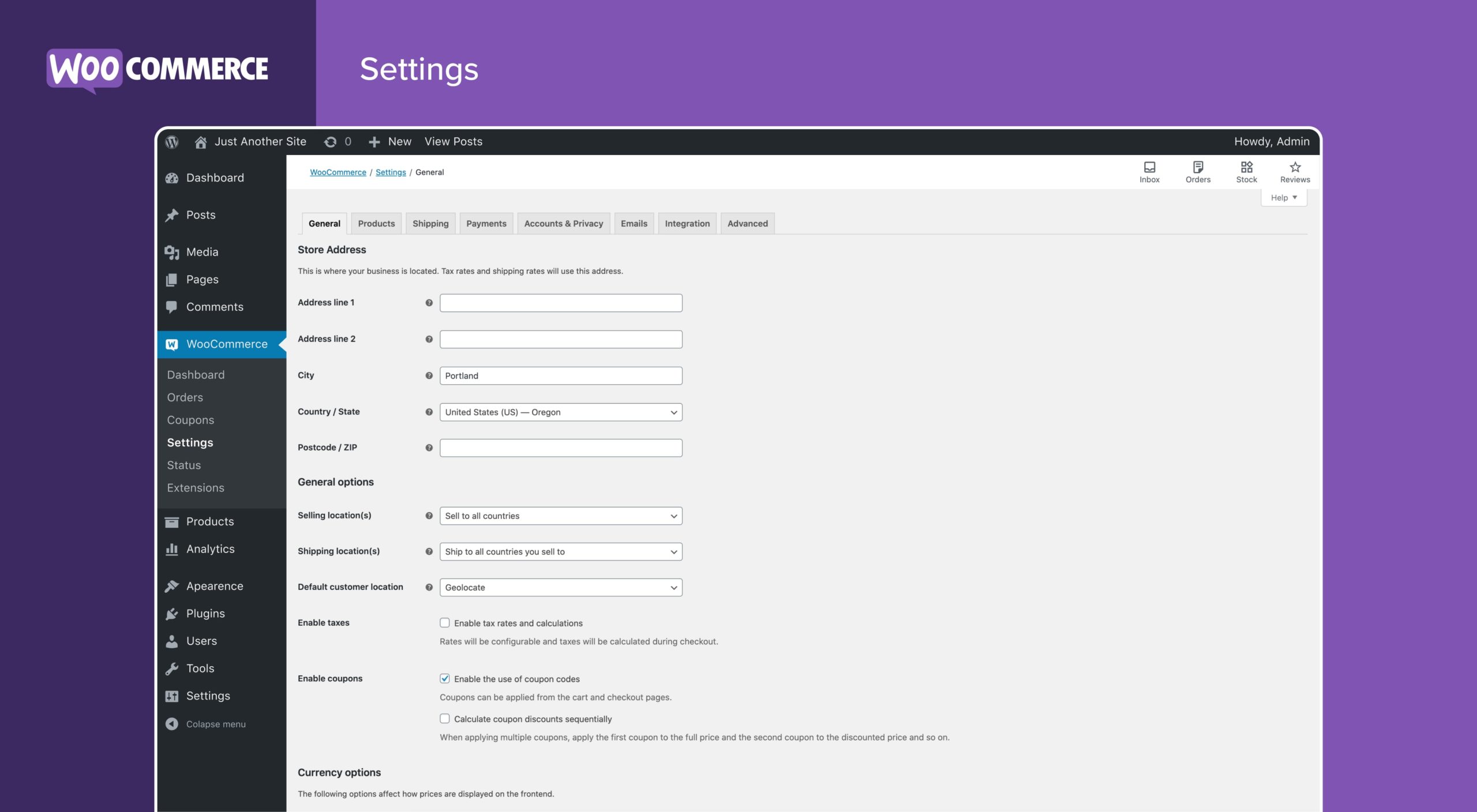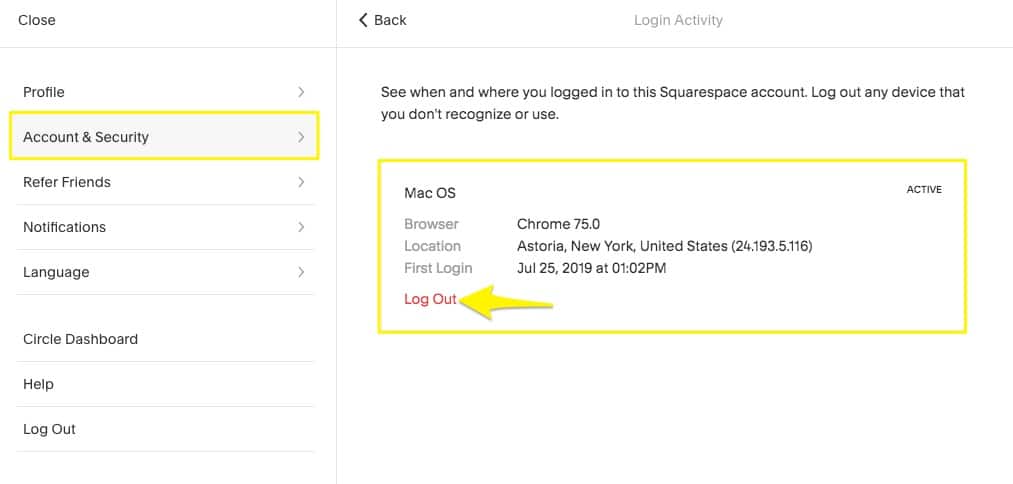Many say that Shopify is the top platform for building and maintaining an online store, but what if you want to explore your options? We will help you do just that with this list of Shopify alternatives.
If you are leaning more towards setting up an online or ecommerce store with WordPress, consider taking a few courses to help you understand the content management system (CMS) better. We have a great article highlighting the Top Online WordPress Courses to help get you started.
Shopify Pros and Cons

While many find Shopify ideal as an e-commerce platform, it has its pluses and minuses just like anything else. If you find that Shopify’s cons outweigh its pros, you may want to consider one of the platform’s alternatives listed in the section following this one.
Shopify Pros
Below are some of Shopify’s most notable pros and benefits for e-commerce and online stores.
- User-friendly – Some may find Shopify’s bevy of features to be overwhelming. Even so, you should find the platform easy to use once you practice and become familiar with everything it has to offer. And yes, this is true even if you have never built an online store before.
- Easy to start – There is no need to invest time or money in learning coding or web design to get your online store rolling. With Shopify, you can get started by opening your account, picking a template, and adding products.
- Tons of templates – It will not be hard to give your online store the look and format you desire, thanks to Shopify’s 170-plus templates. And if you want to add a personalized touch and design your own template, you can do so via the Liquid programming language.
- Easy to scale – Chances are, you are building an online store or brand with the hopes of expanding its reach later on. Shopify makes this possible with various features built to scale your business, such as Shopify Markets, which lets you sell overseas, and Shop Pay, which lets your customers log into all Shopify stores with the same login.
- Loads of apps – You can easily extend the functionality of your online store with the free and paid selections available in the Shopify App Store. Use it to add every bell and whistle you desire to give your customers the most pleasurable shopping experience possible.
- Multiple payment processors – You cannot turn a profit if your customers cannot pay you. Luckily, Shopify works with many payment processors, including Shopify Payments, Stripe, and PayPal.
- 24-hour support – Even the slightest issue could lead to lots of cash lost with your store. This is why you want to ensure that the e-commerce platform you pick has around-the-clock support like Shopify does.
Shopify Cons
Below are some of Shopify’s cons to take in consideration when considering the website builder platform for e-commerce and online stores.
- It is mostly store-focused – Yes, you will probably pick an e-commerce platform primarily because you want to sell physical or digital products. But what if you want a well-rounded website filled with other content too? Some say that Shopify struggles a bit in this regard and that adding regular content like blog articles can be tedious.
- Not the most SEO-friendly – You could have the best-looking store on the planet with the top products around, but if nobody sees it, you will not see the sales you desire. Search engine optimization (SEO) tackles this problem by thrusting you towards the top of the search engine rankings, but Shopify falls short here. While not a complete deal-breaker, Shopify has some issues, such as rigid URL structures, that can hamper your SEO efforts compared to other platforms.
- Transaction fees – Although it is not the only platform that charges transaction fees, some may see this as a negative as it can negatively impact your store’s bottom line.
- Separate email hosting – You need to account for this added cost when using Shopify, as it is not included.
You can read more about Shopify by visiting our Shopify Review.
Alternatives To Shopify
As you can see, Shopify is not the perfect e-commerce platform, even though it is regarded by many to be the best on the market. Here is a list of some of Shopify’s top competitors, in no particular order.
Wix

For those looking to jump into e-commerce as a part-time side hustle or as
a hobby, Wix may suffice as their store-building platform of choice. It is ideal for smaller online stores and has all the features you would need, such as automated sales tax, product reviews, subscriptions, recurring payments, dropshipping, label printing, etc., but you may seek an alternative if you are looking to scale and grow bigger later on.
Wix can help you build and run an online store cheaper than Shopify, making it good for entrepreneurs on a tight budget. Beginners can easily use Wix to build a store, create blog posts, or construct attractive landing pages. All of Wix’s templates are free, unlike Shopify, and it does not carry any transaction fees either.
Where does Wix falter? There are few e-commerce options in the Wix App Market. Most of the features are geared toward shops based in the U.S. Lastly, Wix lags regarding multilingual stores, especially where SEO is concerned.
Choose Wix over Shopify if you already have a website on the platform or are used to its features and site builder.
Read our sister site, Software Pundit’s overview of Wix to learn more: Wix Review, Pricing, and Features.
BigCommerce

If you want to dream big and plan on building an e-commerce empire with your online store, BigCommerce may be your ideal fit. The platform was designed for massive stores and outpaces Shopify vastly in terms of product variants with 600 under its belt, compared to just 100 from its top competitor.
BigCommerce could be the top platform for SEO, which is excellent for expanding visibility and building your brand. It also charges no transaction fees.
Some of BigCommerce’s minuses include no option for multilingual stores, limited apps, and a lack of user-friendliness when creating standard content pages. And if you pass a certain sales threshold, you will get bumped to a higher pricing tier.
Pick BigCommerce over Shopify if you want to bypass transaction fees and seek ultimate product management when building a massive store.
WooCommerce

Are you familiar with WordPress? Then WooCommerce may be your best bet as an e-commerce platform and Shopify alternative, as it is a WordPress plugin that can help you run an online store.
The pros of WooCommerce include plenty of free and paid templates you can customize, plus plugins for nearly every e-commerce feature you can think of, including payments, multilingual stores, and more.
While highly scalable and customizable, WooCommerce falls short with its user-friendliness, or lack thereof. It takes some time to set up, which can be a downer for some looking to get going with a minimal learning curve.
That said, choose WooCommerce as a Shopify alternative if you enjoy working with WordPress.
We have a great article comparing WooCommerce to other ecommerce platforms if you want to learn more: Magento vs Shopify vs WooCommerce Comparison Guide.
Squarespace

Squarespace is known for its ability to help beginners create great-looking websites. And although Squarespace did not launch as an e-commerce platform, it now has the option to create online stores.
The platform excels in its SEO, and if you want to build a blog alongside your store, Squarespace will help you do so easily. Whether you want to sell physical or digital products or offer a subscription or service, you can do it all here. And with express checkout, you can make those sales quickly.
There are two significant downsides to Squarespace. The first is its limited apps (extensions) that fall way below Shopify’s offerings. The second is that it is not too user-friendly for beginners and may take some practice before you get comfortable with building your store.
Why choose Squarespace as a Shopify alternative? It is a cheaper option that can build an eye-catching store, and its blog features are pretty strong, as opposed to Shopify, which focuses more on just e-commerce and selling.
Read our Squarespace vs WordPress Comparison to learn more about this popular Shopify alternative.
Disclaimer: We may be compensated by vendors who appear on this page through methods such as affiliate links or sponsored partnerships. This may influence how and where their products appear on our site, but vendors cannot pay to influence the content of our reviews. For more info, visit our Terms of Use page.



